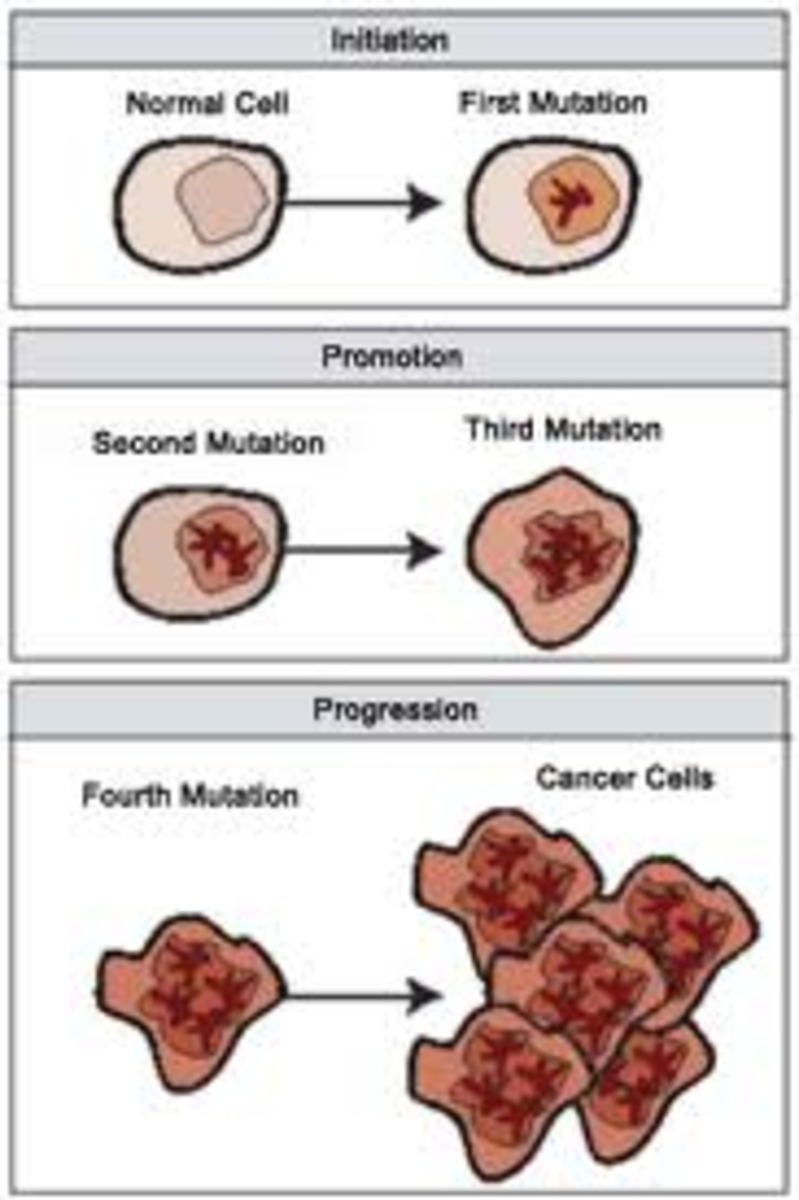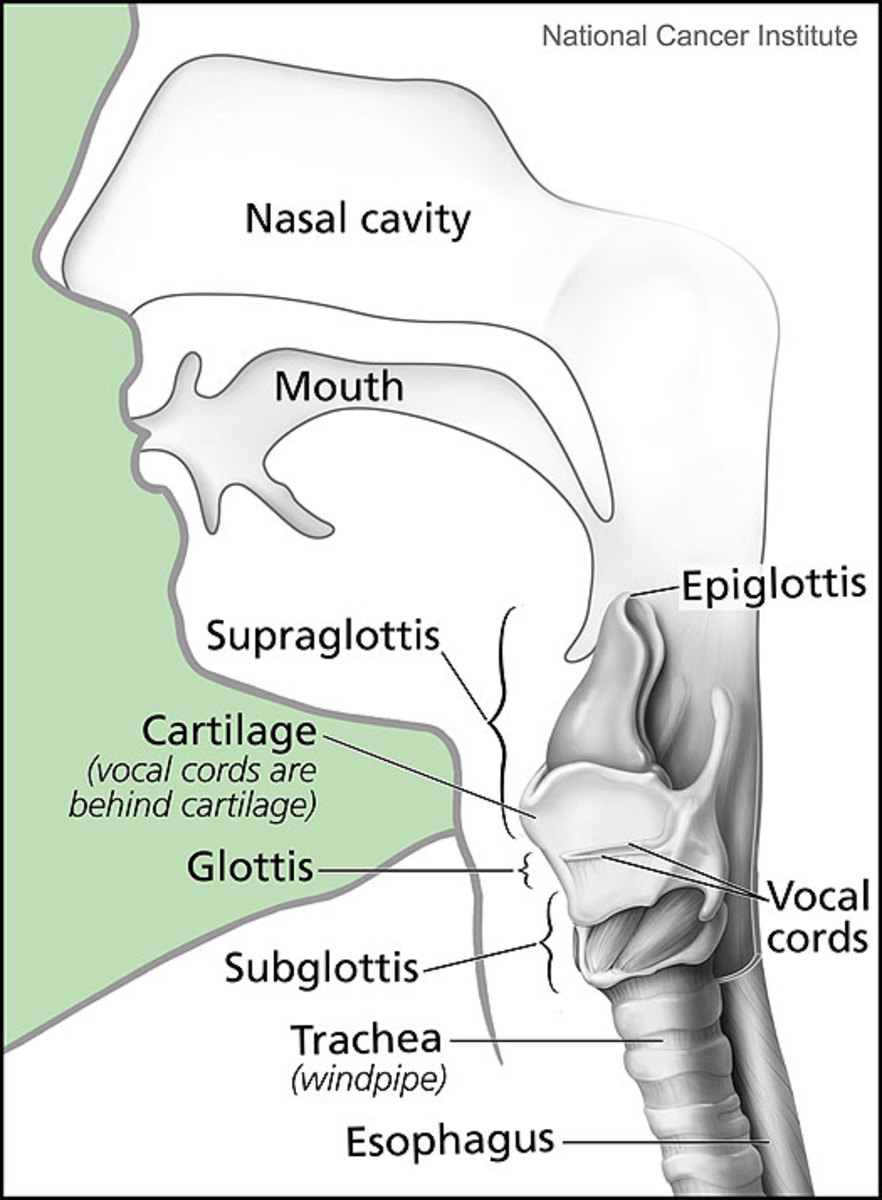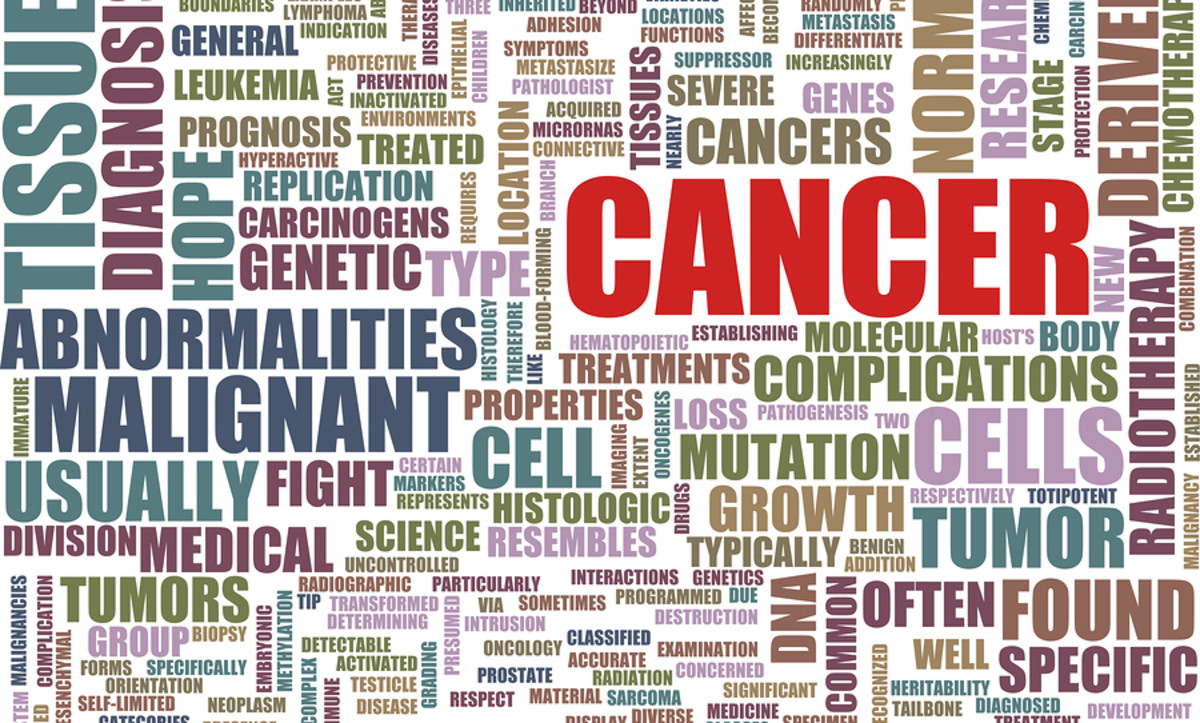Cancer Marker
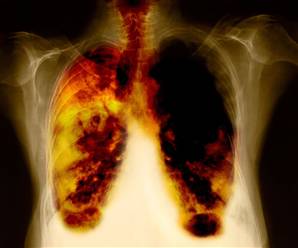
There, I said it - the big C word. No one wants to hear it. You may have a family member who has it, be a survivor yourself, or know someone who has died from it.
Since I have PBC (primary biliary cirrhosis) I am concerned about liver cancer. I have blood tests every so many months to keep an eye on my liver enzyme levels. There is a high incidence of liver cancer resulting from individuals who have had liver cirrhosis.
You may have been curious how doctors can tell what stage of cancer a person has.
Alpha-fetoprotein or AFP is a type of tumor marker which is used to diagnose cancer. These markers are used to determine which stage of cancer a patient has. Tumor markers are substances (mostly proteins) that are produced by the body or by the tumor itself in response to cancer.
A high reading of certain proteins in a urine or blood sample may indicate a more aggressive cancer. Usually, the higher the resulting number of the marker, the higher the stage of cancer.
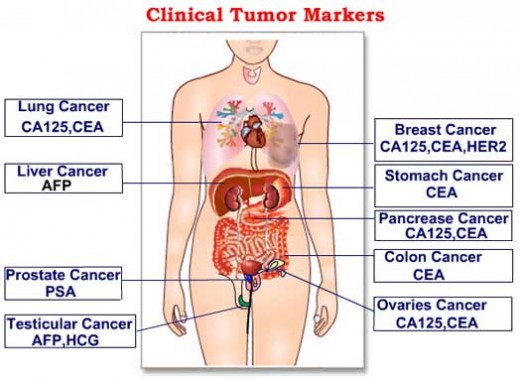
Cancer cells
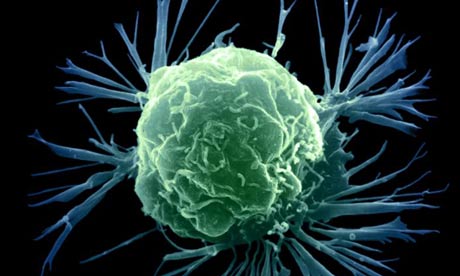
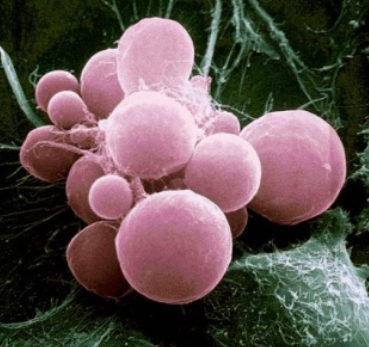
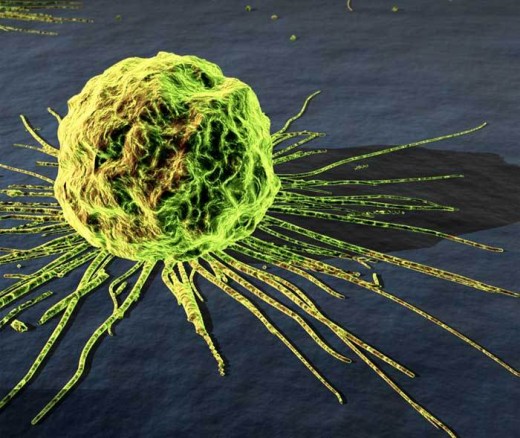
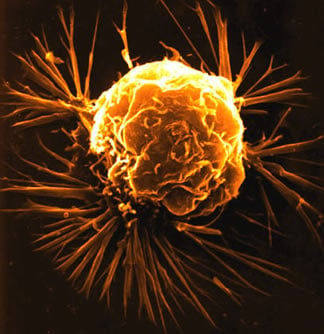

News on Pancreatic Cancer
Where symptoms suggest cancer in a patient, urine and blood samples are taken and submitted to a laboratory to be tested for cancer tumor marker levels.
The results assist the physician in determining if a patient has cancer. They can also help diagnose the type of cancer the patient has.
Cancer markers also are useful in determining the prognosis for the patient. They are also used to check to see if cancer has returned after remission.
A biopsy is taken once a diagnosis of cancer has been made, and again tumor markers can help to determine the amount of cancer that is present in the patient's body.
Advanced cancer is indicated by higher tumor marker levels and the prognosis is less positive.
With the help of cancer markers, a doctor can then determine the best treatment for the patient.
Types of Tumor Markers
Some of the most common tumor markers (AFP) are used for diagnosing the following cancers:
- Liver
- Ovarian
- Breast
- Gastrointestinal
- Pancreatic
- Lung
- Colon
- Prostate
Cancer research is ongoing in hopes to discover tumor markers for other types of cancers.
Not just one tumor marker is used for all cancers, and not all cancers have tumor markers that work specifically for their diagnosis and treatment.
Once cancer treatment has been started by a patient, they will need to have further testing with tumor markers to see if their particular treatment is working.
If the tumor marker level declines, it usually is an indication that the current treatment is working.
If the level increases or stays the same, the physician may try a different form of treatment.
It is important that a certain amount of time has passed between cancer marker testing to give the treatment a chance to work on the tumor.
Drawbacks of Tumor Markers
There are only a few cancer tumor markers that are able to find cancer in the early stages. In fact, there are certain noncancerous diseases which may contribute to a high tumor marker level.
On occasion, cancer tumor marker levels may not be elevated in a person who really has cancer. It is important that all tests are taken into consideration, including a complete physical examination, history of the patient, other laboratory tests and scans.
Another drawback of testing with tumor markers is that sometimes you get a false positive. There are a few factors that might contribute to an inaccurate lab test. Certain medications can alter the results of blood and urine tests, including Vitamin C, Naproxen Sodium or Tylenol. Some antibiotics can also affect the tests.
False positives rates for tumor marker tests are usually 5 per cent. For other false positives or false negatives and their causes go to this link.
Personally, I have lost a boss to cancer from smoking. It was not lung, but nose cancer. He was way too young to die, and was a very kind man. He was a chain smoker.
I am glad that research continues on cancer markers to help in detecting cancer cells early on so a person has a better chance of surviving.
If you have peculiar symptoms, breast changes, weight loss, unusual bleeding, unexplained fatigue, gnawing pain, indigestion, changes in lymph nodes, depression, or persistent cough or sore that will not heal, go to see your doctor. It is better to be tested early rather than wait until it is too late to treat it.
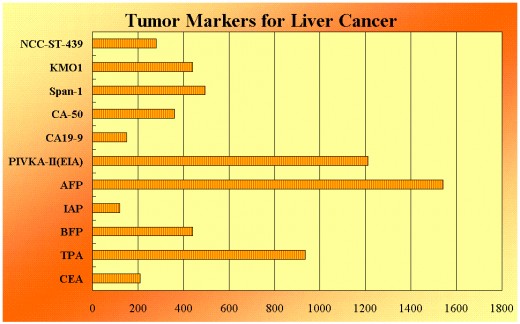

Interesting Fact
Tumor marker testing is also used for screening a healthy or a high- risk population for cancer.



